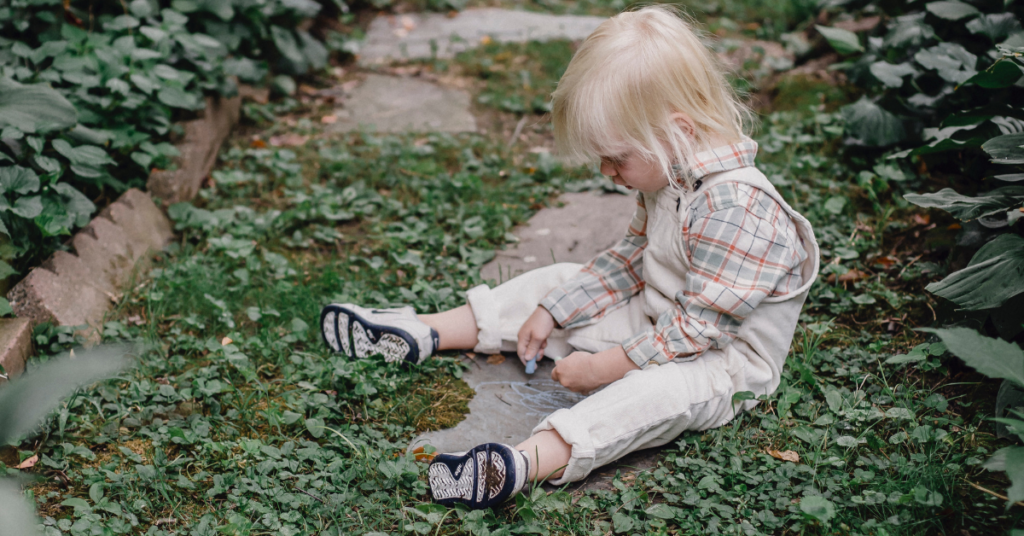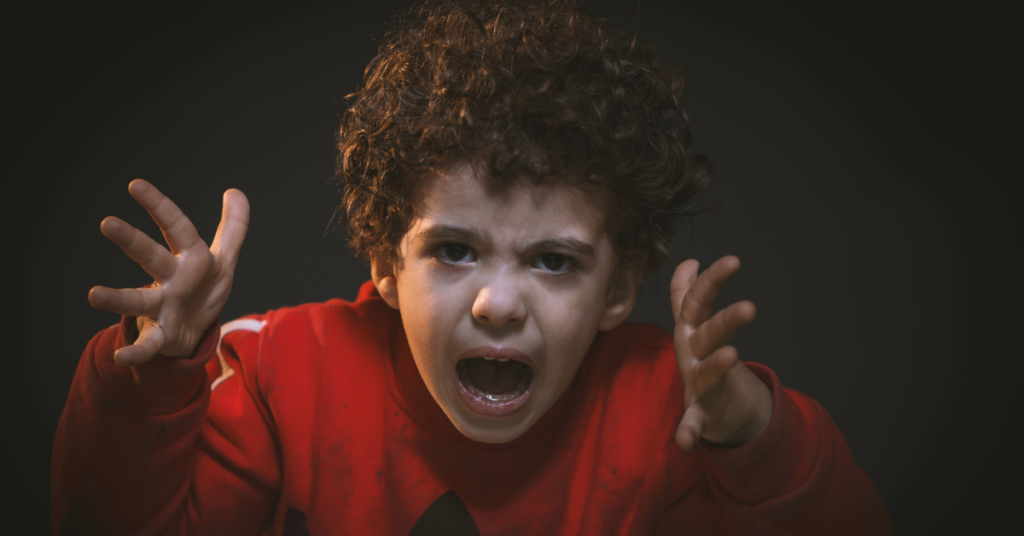
Q. I have enjoyed reading many things on your website. My husband and I are the owners of 1 integrity child and 1 harmony child. The first makes me nearly lose my mind as I am an integrity person as well. My question is how do you help them understand that the world doesn’t revolve around their perceived needs? My own experiences were tough, and it took counseling to finally work through my own self esteem challenges. It is and has always been exhausting. He is 18 and a good boy. He is polite, smart, well-adjusted, and has tremendous integrity BUT argues with us over nearly anything not being done his way. We try to get in his head and help him, but life will not always accommodate that, and he fears failure. I would love any insight you could provide.
A. The fact that your son is polite, well-adjusted with tremendous integrity says that you have raised him respectfully. But your fears of the outside world not accommodating his temperament are misplaced. He will learn from experience what tracks Read more…








 Q. While listening to one of your insightful podcasts, “Mom, When Can I Start Watching Porn?”, I heard you say “that the best time to start introducing your children to the mechanics of sex and how babies are made and born is between 4 and 6, before it becomes embarrassing, shocking and awkward. If you are saving “the talk” until kids ask, you may wait forever.” I have two daughters, ages 5 and 1. I always answer their questions as honestly as possible except when she was three and I was pregnant. She asked: “Mom, how did my baby sister get in there?” Not prepared, I froze. What, when and how do I share the answers to her future sex ed questions before she is too embarrassed to ask me?
Q. While listening to one of your insightful podcasts, “Mom, When Can I Start Watching Porn?”, I heard you say “that the best time to start introducing your children to the mechanics of sex and how babies are made and born is between 4 and 6, before it becomes embarrassing, shocking and awkward. If you are saving “the talk” until kids ask, you may wait forever.” I have two daughters, ages 5 and 1. I always answer their questions as honestly as possible except when she was three and I was pregnant. She asked: “Mom, how did my baby sister get in there?” Not prepared, I froze. What, when and how do I share the answers to her future sex ed questions before she is too embarrassed to ask me?  Do you teach your children that their school performance is for you? That’s one way to diminish school motivation.
Do you teach your children that their school performance is for you? That’s one way to diminish school motivation. After the shooting at Sandy Hook Elementary, I wrote an article called Look for the Helpers inspired by Fred Rogers. I am redoing it with the same basic
After the shooting at Sandy Hook Elementary, I wrote an article called Look for the Helpers inspired by Fred Rogers. I am redoing it with the same basic




